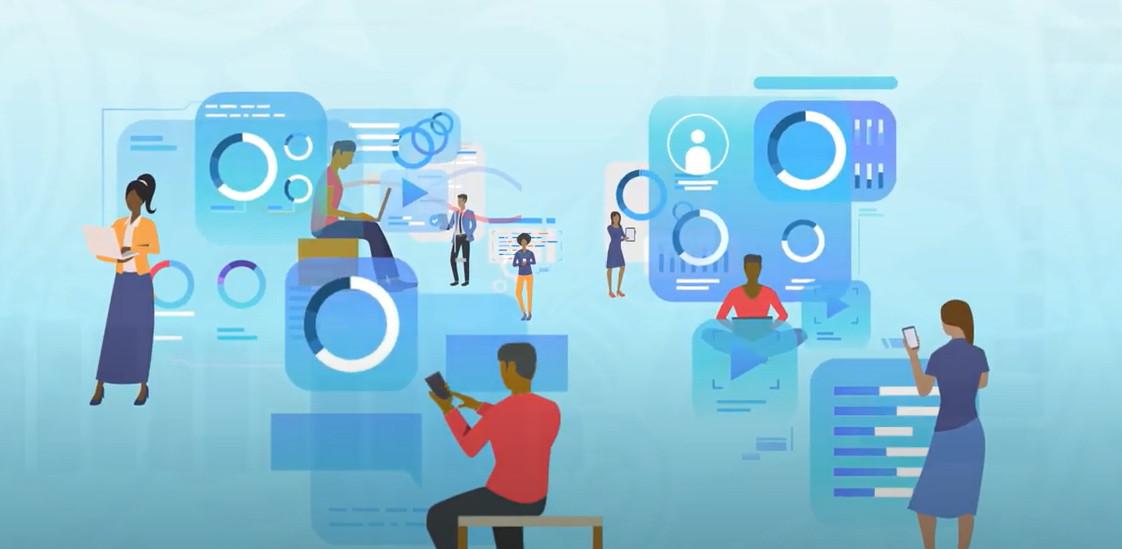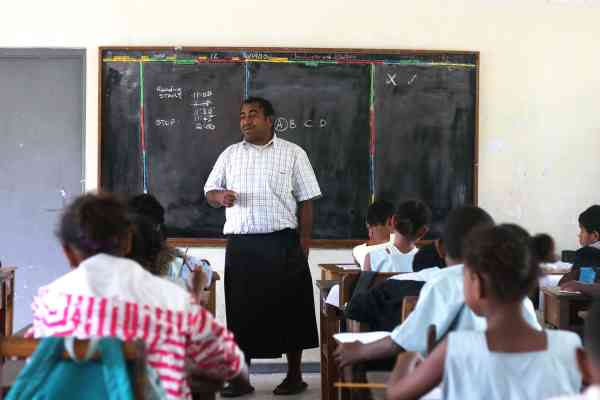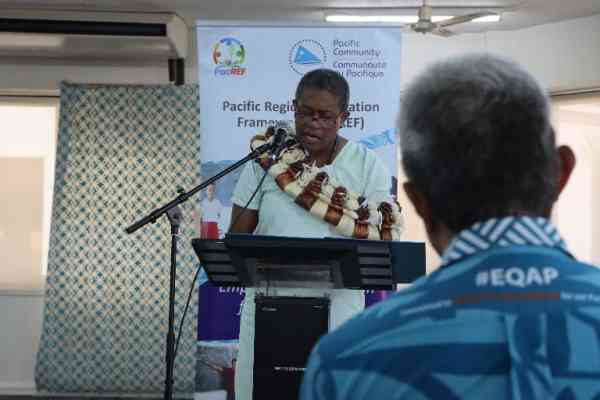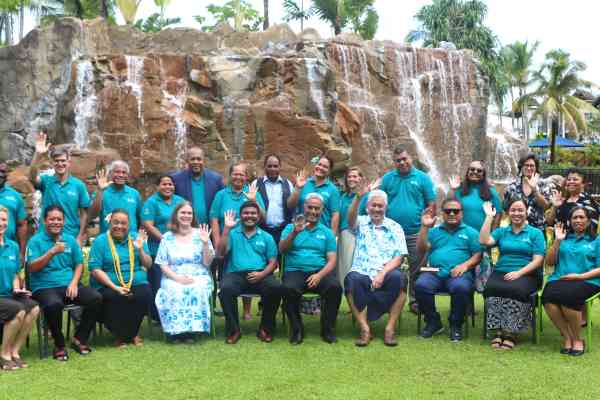Improving the region’s literacy standards is at the heart of the improvement goals set out by the Pacific’s education leaders and the intervention work being carried out by the Pacific Community (SPC).
The results of the 2021 Pacific Islands Literacy and Numeracy Assessment (PILNA) revealed that across the region, on average, year four students were not meeting the minimum expected proficiency levels in reading. As for year 6, the cohort were just meeting the minimum expected in the same domain.
Torika Taoi, SPC’s Educational Quality and Assessment Programme’s (EQAP) Team Leader for the Large Scale Assessment team, explained: “some of the literacy challenges centres around the students’ inability to connect ideas and respond to questions that target interpretation and critical thinking”.
Therefore, how is SPC improving the literacy standards of the region?
Besides the direct interactions with ministries of education across the region, the EQAP team has devised a number of innovative strategies to support the Pacific.
Firstly, to ensure that all PILNA participating countries and stakeholders have access to the PILNA 2021 results, the EQAP team created an interactive online report. This mode of reporting allowed Pacific Island countries to dig deeper into the data provided and to identify factors affecting their countries results. The online version of the report can be found here.
More recently, EQAP has worked on the PILNA TV initiative in which videos were created to support teachers and parents in educating children about reading comprehension, orientation and vocabulary. These videos were launched in January 2024 during the International Day of Education celebrations with Fiji’s Ministry of Education. Find out more details here.
This year, to further strengthen Pacific teacher’s ability to improve literacy levels in schools, the EQAP team devised a poetry competition launched on International Literacy Day on September 9th, 2023.
As part of this competition, Pacific’s poets were invited to share their views on the global theme of the international day: “Promoting literacy for a world in transition: Building the foundation for sustainable and peaceful societies”.
Anita Phineas, the author of the winning poem, shared her reasons behind writing the poem and entering the regional competition:
“I grew up in a Samoan culture where storytelling and literature were a big thing and so I really loved it and loved the history of our Pasefika people. Through this competition, I am honoured and proud to have my poem included in a regional poetry booklet which is my way of giving back to our Pasefika people across the region.”
Similarly, Ayush Prasad, the second-place winner of the competition, highlighted that “the main factor that inspired me to submit a poem in this competition was analysing and understanding the global SDGs and the areas we lacked in and currently education seems to be part of this list. I tried to base my poem on SDG 4, which is education, and elements of the region’s culture”.
A total of 66 poems were received from all over the region and three were crowned winners. The top 20 poems from the competition will now be featured in a document that could be used by EQAP to close the literacy gaps identified in PILNA.
Not only will the booklet contain poems but also illustrations and questions linked to the poems to help teachers to teach the different elements of literacy reading skills to their students.
“Poetry lays a strong foundation for reading and it builds vocabulary and word connections. The exposure in reading poetry can provide learners with comprehension which is a fundamental part of learning,” Taoi explained.
The poetry booklet is expected to be complete for dissemination by mid-2024.




